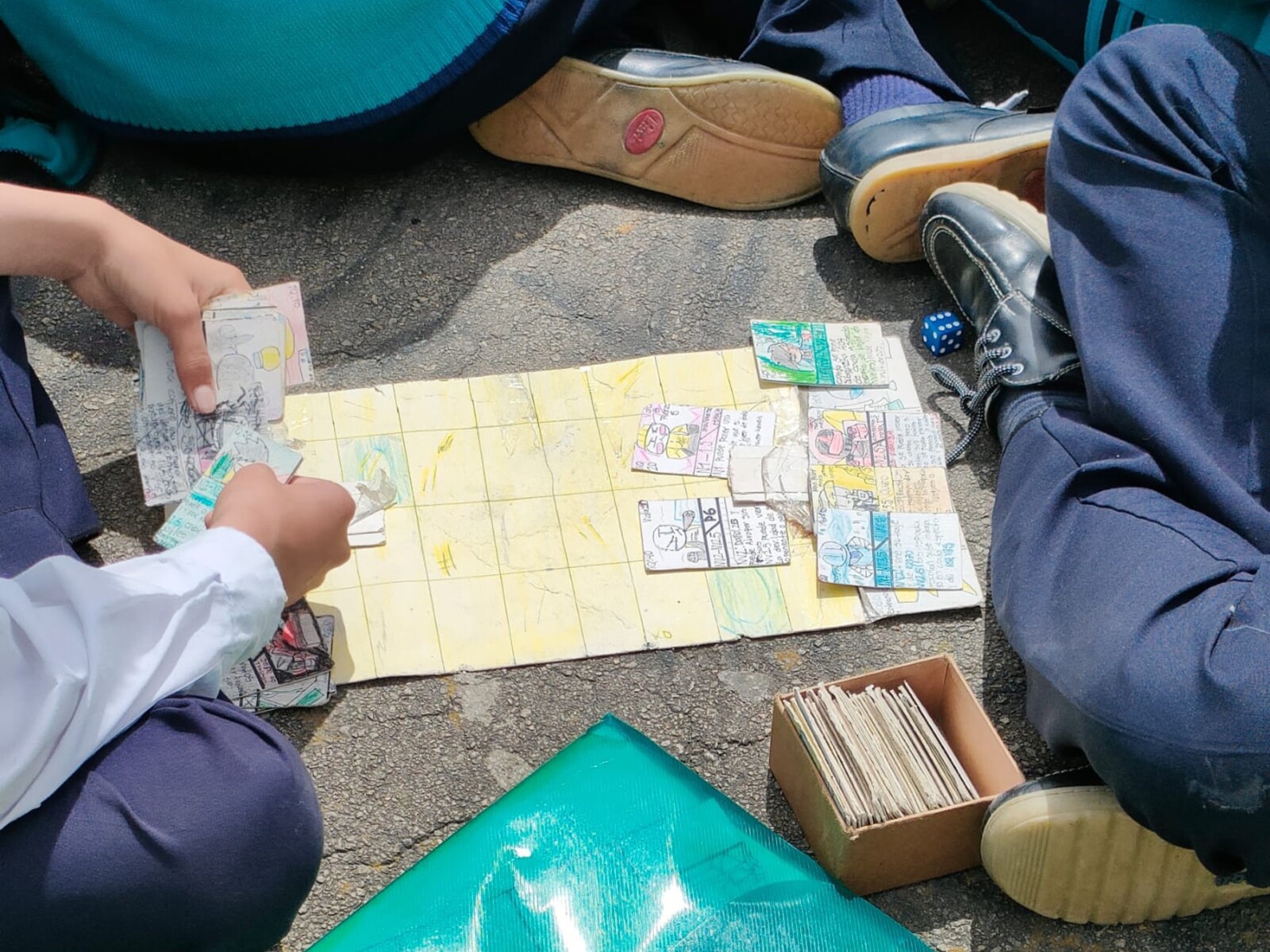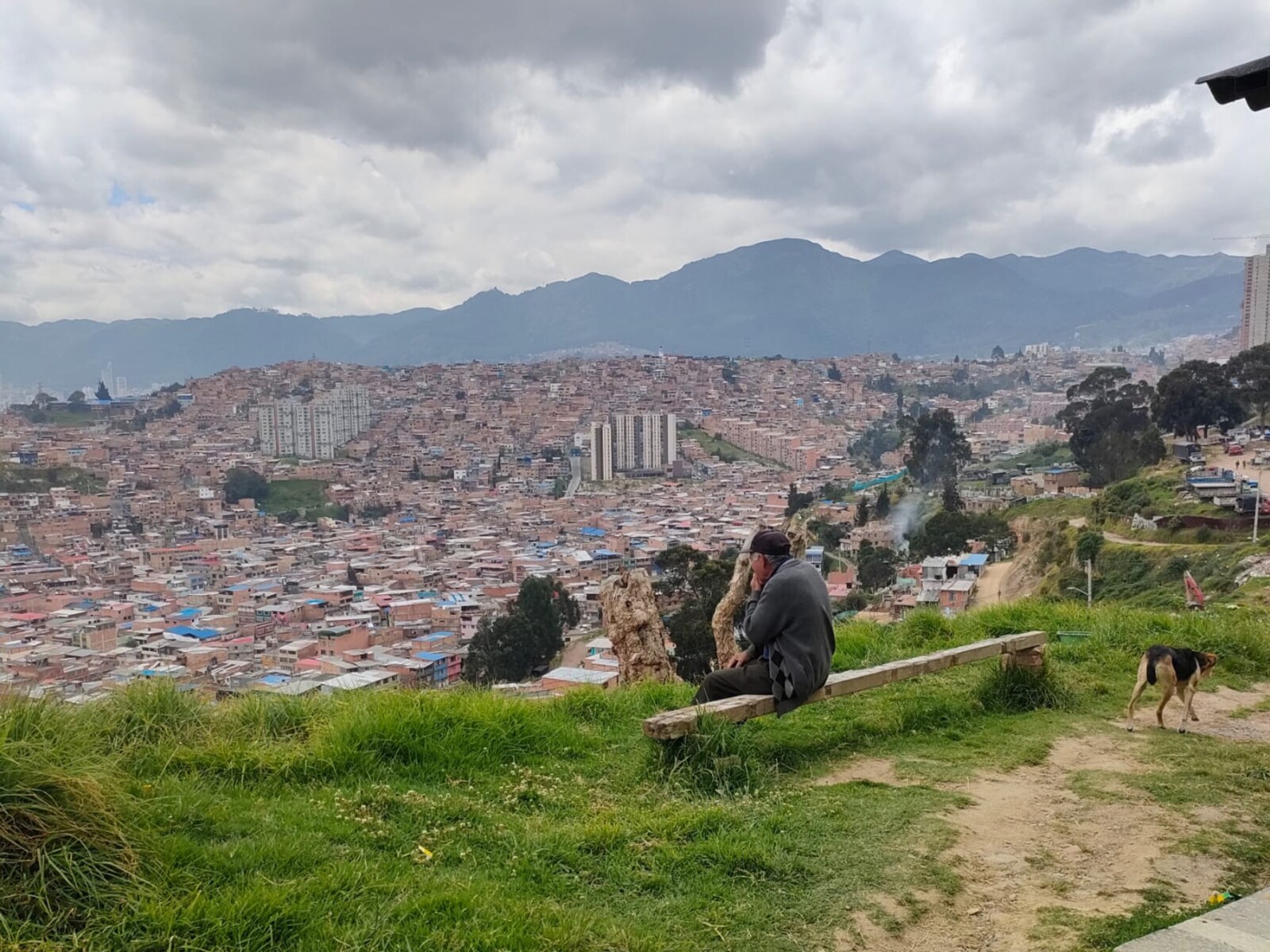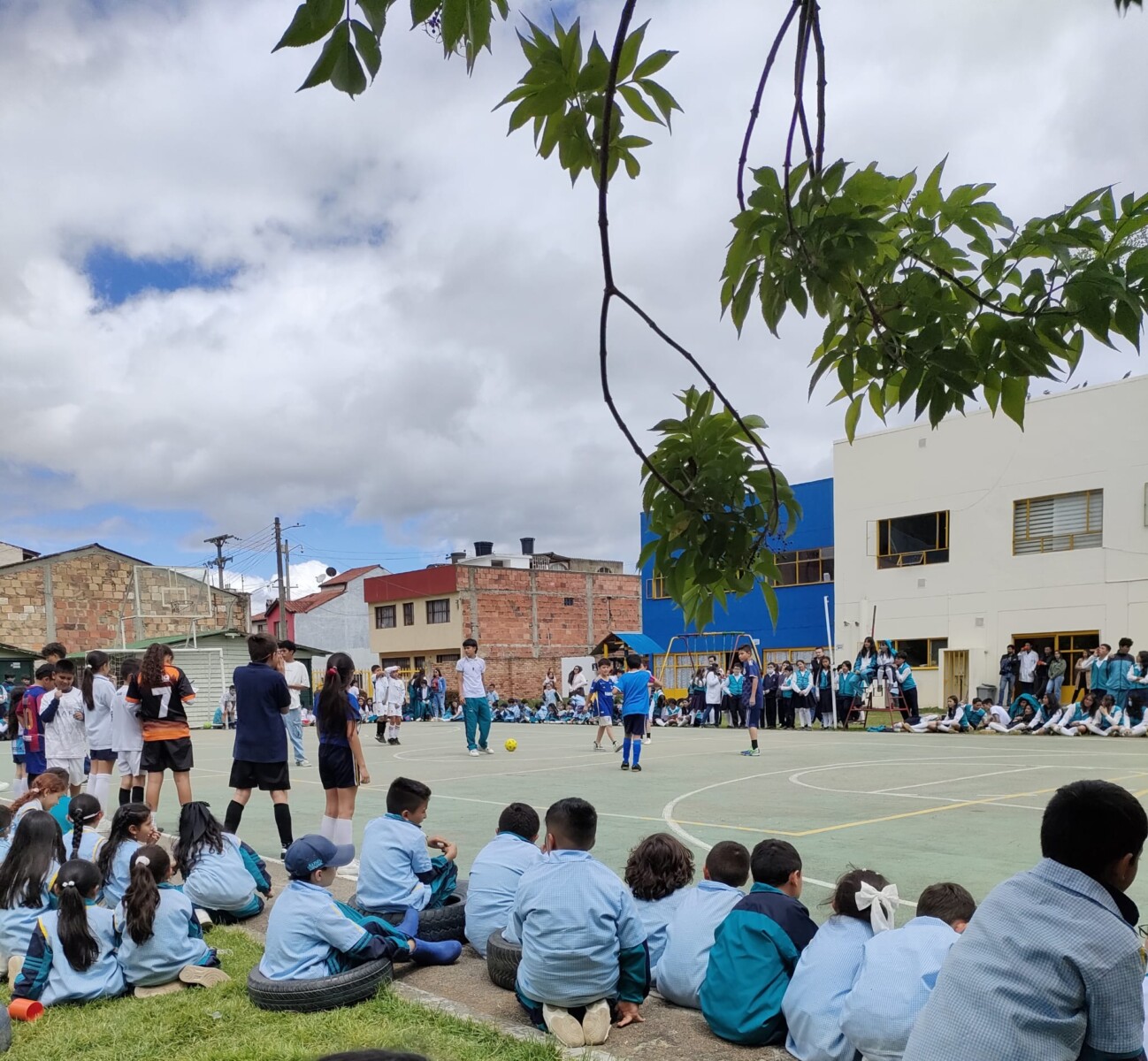‘I met people with whom I formed a bond that goes beyond distance’ – Meeting Lorenza Mancini, a Volunteer at MilONGa
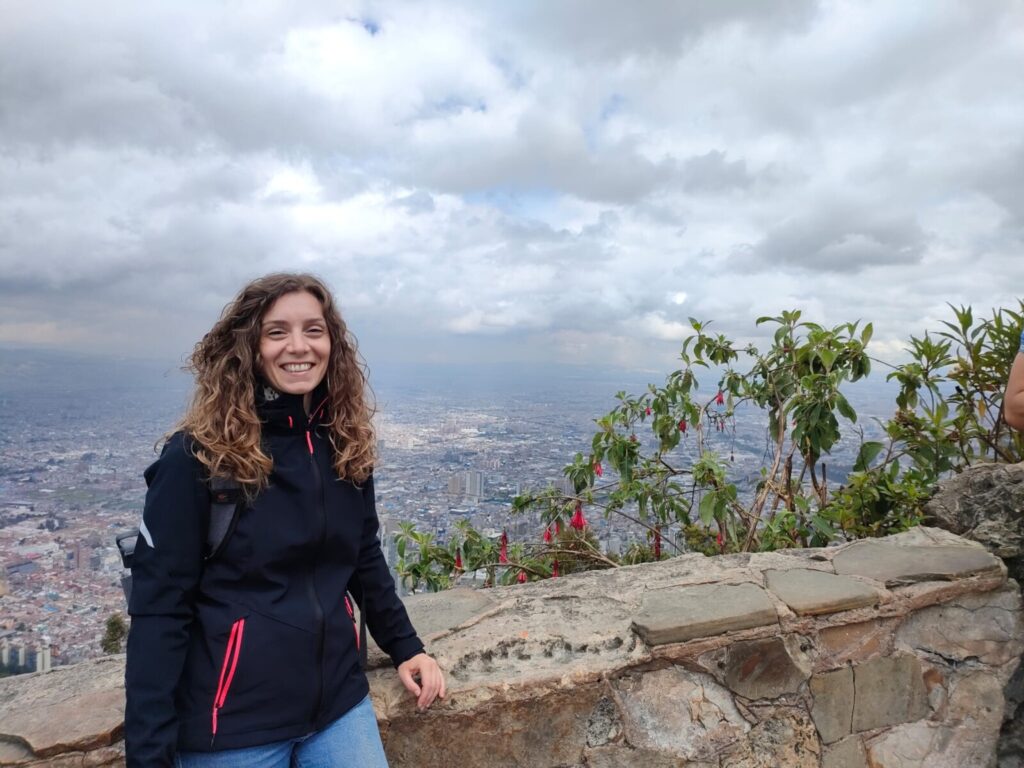
Volunteering as a means of transformation: through milONGa’s international programme, Lorenza left Italy to discover Colombia. There, she experienced a month of service, learning, and cultural encounters that have overcome distance and left indelible marks.
MilONGa is an international volunteering platform for young people. Its goal is to offer ‘fraternal’, intercultural, and high-quality volunteering opportunities to people up to 35 years old. These opportunities are carried out in synergy with the NGOs (ONG in Italian) that are already working hard in the various peripheries of the planet.
It is thanks to milONGa that many young people are able to have human, social, and intercultural experiences that are of great value. Among them is Italian Lorenza Mancini, who travelled from her city of Pescara to Colombia for a very special month. We met with her to get a first-hand account of the possibilities The Milonga Project presents.
Lorenza, how did you find out about The Milonga Project, and how did the idea of leaving for the experience you had in Colombia develop?
For a long time, I wanted to volunteer or experience a mission outside of Europe. I had that ambition since I was little, but I was never able to find space for it until I decided not to postpone this drive I felt in my heart any longer. I wanted to take steps that would help bring out the best in myself. I was looking for a non-Italian educational setting where I could put my knowledge, drive to give, and way of being to good use. I studied foreign languages and have always been passionate about travelling, about different cultures. I felt this experience could be enriching on a human level – by understanding other ways of living and thinking – and on a professional level, as a teacher. Someone who was part of the Focolare Movement told me to look on the milONGa website to find interesting projects. I found the Sol Naciente school, in Tocancipá, in Colombia, and I discovered that the director there was a friend of that person.
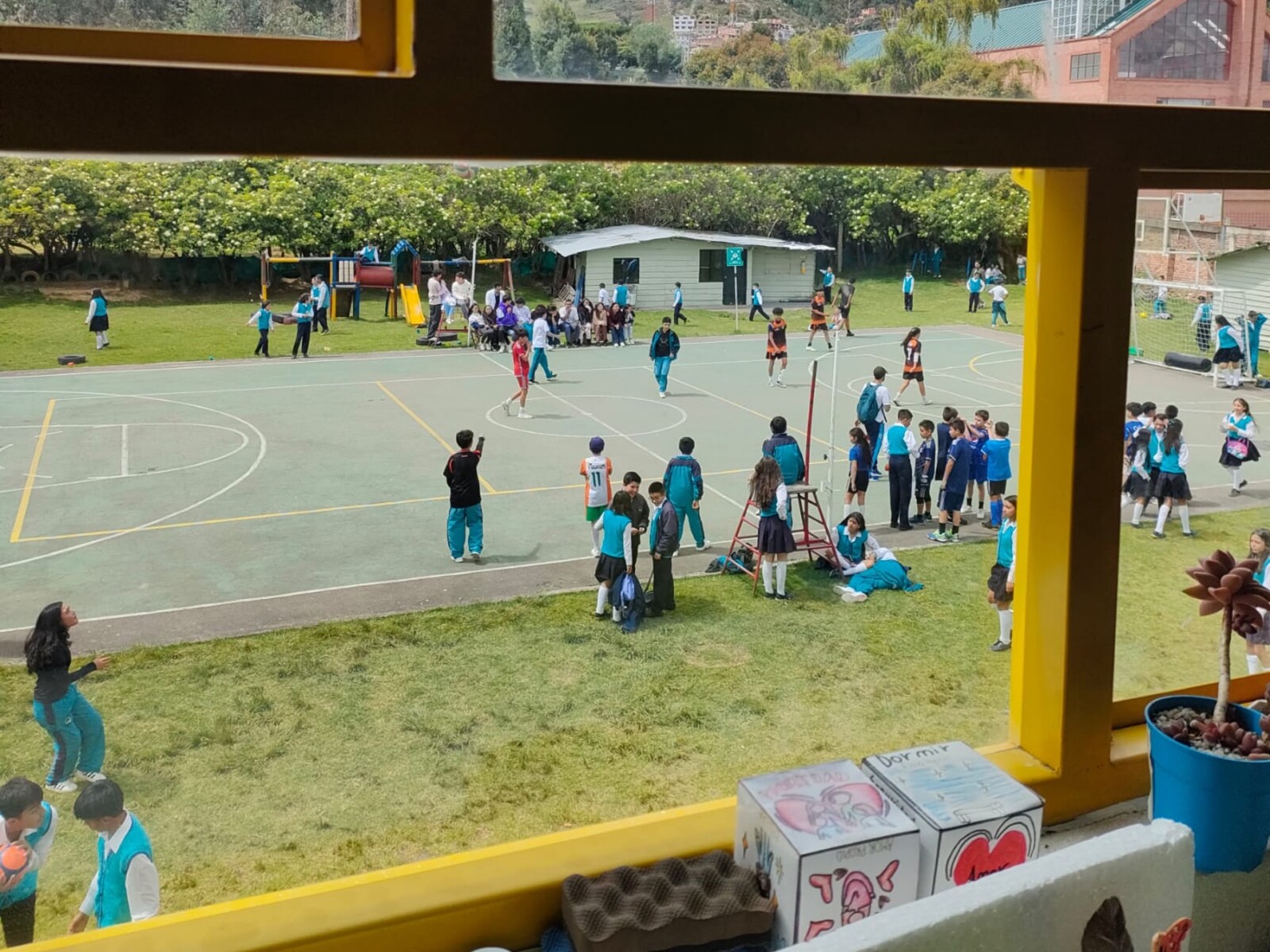
What do you remember about arriving at the ‘Mariapolis Centre’ [one of the centres belonging to the Focolare Movement], and how long did you stay there?
I stayed for a month, after they welcomed me with open arms and immediately made me feel at home. My suitcase had not arrived at the airport, and everyone wanted to help as much as they could, especially as my journey had been very eventful and tiring because of a worldwide computer outage that had affected airports. Fortunately, I was able to stay calm and take it as part of the experience, partly thanks to a woman I met who, like me, was travelling to Colombia to volunteer. It was a gift to be able to share stories and hardships. Arriving at the airport in Bogotá without bags was not nice; I was worried and very tired, but not alone. The bag arrived after five days, to my delight.
How useful was it to experience this with other young people like you?
I lived in a small house at the Mariapolis Centre with two girls, one from Germany and one from Mexico. Sharing was very important, at school and on outings: we shared opinions and ideas about our experiences and future projects. At first I did not know the city of Tocancipá, and, being European, I would have stood out. It was good not to go around by yourself, and they stayed close. Even now, every so often, we talk and catch up on what has been happening in each other’s lives.
What was your typical day like?
The place I was staying was opposite the school where, every day, from seven in the morning, I would go and help the teachers. All that separated them was a gate. I worked with children and teenagers up to 16 years old. There was a break halfway through the morning when I could share opinions and feelings with the other teachers at the school. Those were precious moments, just like our shared lunches in the dining hall. The school day ended around three o’clock, then we moved on to organising the odd jobs, like doing the shopping, washing, and chores, as well as getting some downtime. On weekends, every now and then, some families in the area would offer to take us on trips to different parts of Colombia or the city of Bogotá.
On the milONGa website, it says: ‘an international volunteering program for young people, between the ages of 18 and 35, who are interested in having a comprehensive experience of service, exchange, training, and action to strengthen social organisations and different local communities around the world.’ Which of these words – service, exchange, training, and action – resonates most deeply with you, after this experience?
I would say all of them. But if I had to pick one, I would choose ‘exchange’. It was very enriching meeting people from there, seeing the way they are, the way they act, all starting with what school is like for children and teachers. From the children, I saw a lot of freedom of expression, a lot of calm, great collaboration, and group spirit. This helped open my eyes, professionally. So yes, ‘exchange’, also because I offered to teach them a bit about Italian culture, and the teachers at the school seemed very interested in our language, our places, and our food.
Very nice…
When I organised some presentations on historic Italian sites or gastronomic recipes with them, the kids were enthusiastic, to say the least. I worked together with a particular teacher on a literature class, and I organised a lecture on certain parts of the Divine Comedy and its author, Dante Alighieri. Overall, the way they made me part of their lessons was beautiful.
Do you have any anecdotes, moments, or particular memories from your experience with milONGa?
Something significant for me was our visit to the Centro Social Unidad, in the La Merced neighbourhood of Bogotá. Seeing this poverty-stricken place and hearing the story of how the centre was born was moving. I felt a bit ‘stupid’ for the many times I had complained about trivial things, when there were people here, living in incredibly difficult conditions. Hygiene is a major issue, as they live in sheet metal houses that are dug into the ground.
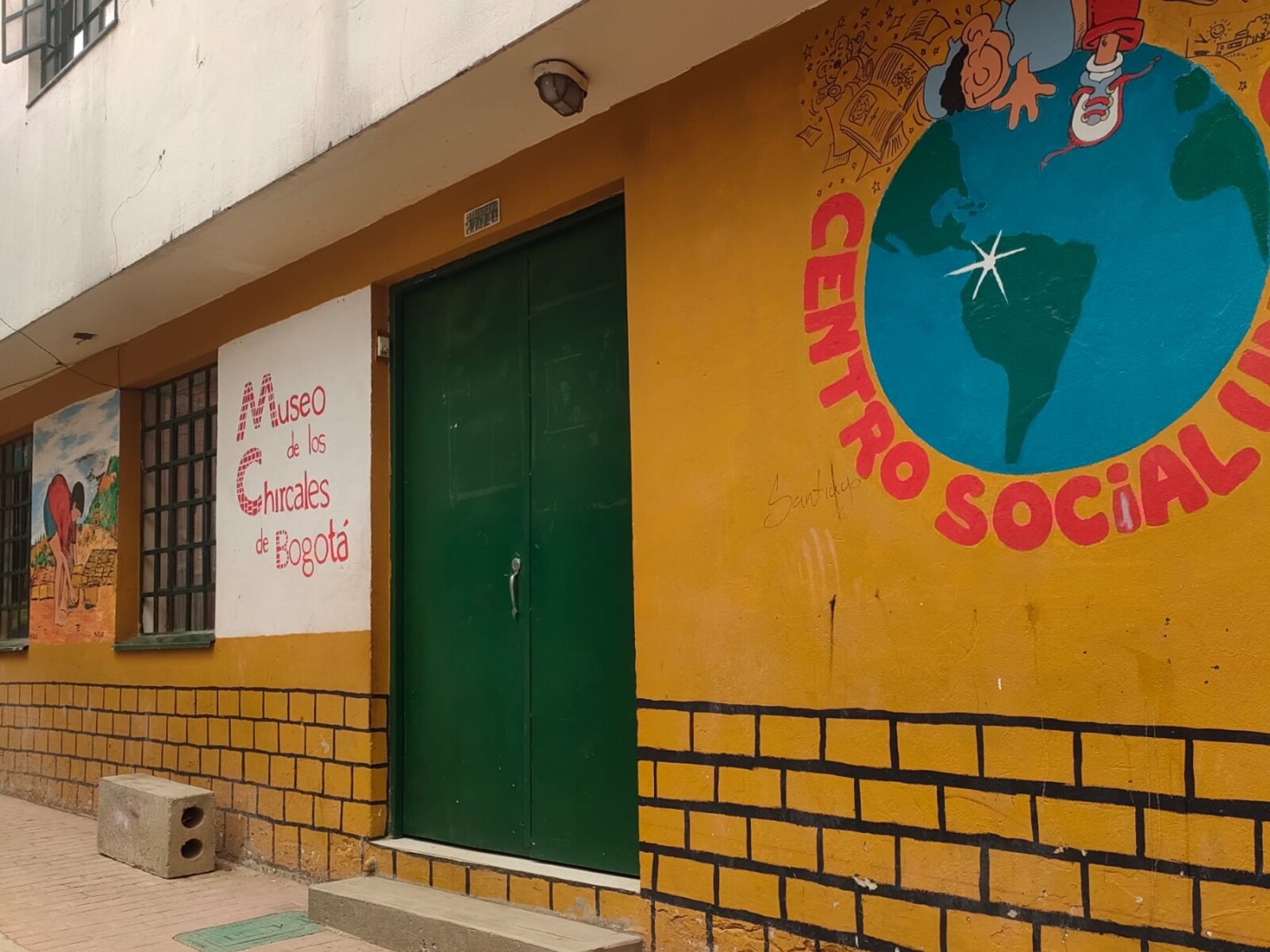
What did you learn about The Milonga Project on this trip, and how important is the service they offer in creating unity, fraternity, and peace among people? How much does it help us to better understand the value of interculturality?
Over that month of volunteering, I met people with whom I formed a bond that goes beyond distance. I met profoundly welcoming people who opened their doors to me and made me feel like part of the family. Any desire or need I felt in my heart was fulfilled, without me even expressing it verbally. I experienced gratitude, and I felt loved, welcomed, and valued for who I am. Feeling that authentic good brought out the best in me and, at the same time, enabled me to give my best to others. It gave me a better understanding of Colombia. They told me about their culture, I offered them something about Italy, and this exchange – in its simplicity and authenticity – brought us closer together and helped us foster a sense of fraternity.
What, from your experience in Colombia, has stayed in your heart?
I left part of my heart there, and it was not easy getting on the plane to go back to Pescara. I hope to go back, sooner or later, to see the wonderful people I met there again. The bright murals and clothes, the music, the heat, and the welcoming people have left an indelible mark. They gave me a sense of vitality and joie de vivre that, through that experience of everyday life, has been transferred, transformed into choosing more colourful clothes and seeing the surprising beauty in the little things.
Article translated into English by Becca Webley

